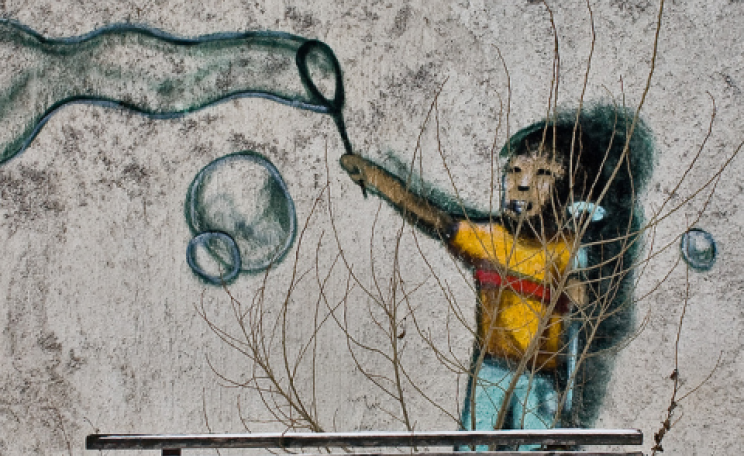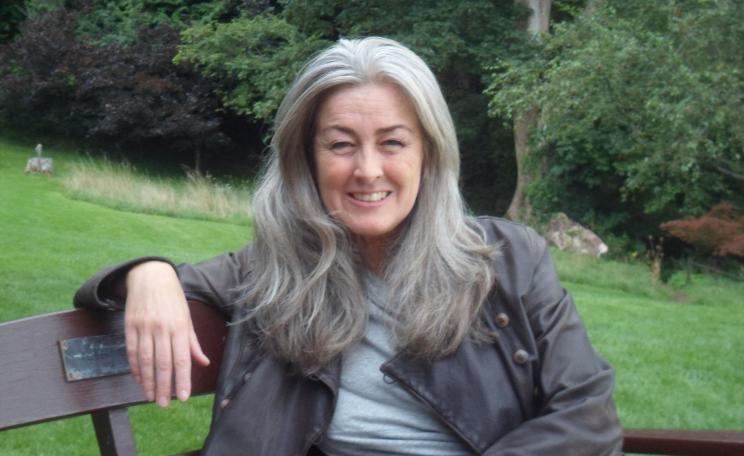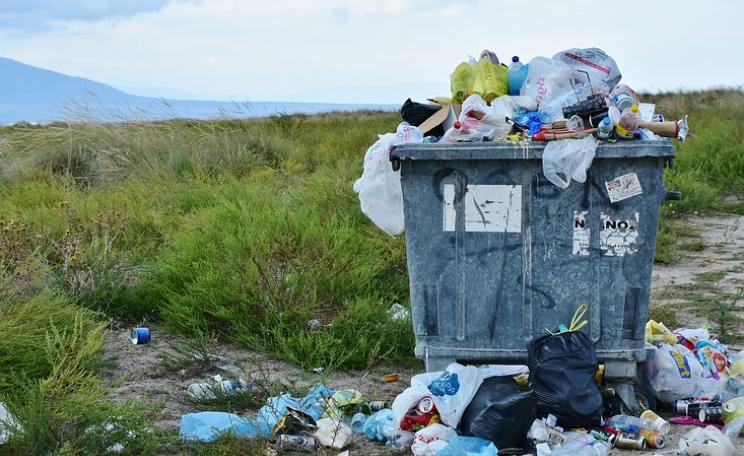These delays and overruns further undermine nuclear power's claim that special nuclear subsidies are an essential part of the world's climate change strategy.
As of this month, 49 of 66 reactors under construction around the world are running behind schedule, according to an updated analysis conducted by the authors of the World Nuclear Industry Status Report 2014.
The study takes into account several delay announcements in recent weeks:
- USA: two reactors, Virgil C. Summer Nuclear Station Unit 2 and Virgil C. Summer Nuclear Station Unit 3;
- South Korea: two reactors - Shin-Hanul-2 and Shin-Wolsong-2;
- and Finland: Olkiluoto-3.
Little is known about the progress on four nuclear reactors in India. All the other reactor projects have been under way for less than two years, which makes it difficult to identify delays in the absence of full access to information.
The full and up to date list of reactors under construction and related delay details is available at World Reactor Delays.
The European Pressurised Reactor (EPR)
The study highlights the two EPR-design reactors currently under construction: Finland's Olkiluoto-3 and France's Flamanville-3. Both are running about $7 billion over their initial budgets and now projected to cost more than $11 billion.
EDF's Flamanville reactor was due to be completed by 2012 at a cost of €3.3 billion, but is now projected for completion in 2016 at a cost of €8.5 billion.
Finland's Olkiluoto-3 reactor, the first EPR construction project, is likely to be a decade behind schedule upon delivery, with a projected completion date of 2018. Construction of the 1.6GW plant began in 2005 and was originally due for completion in 2009. Cost figures are similar to those for Flamanville.
Despite the severe problems with existing EPR projects, the French parastatal power company EDF is planning to build a twin-reactor 3.2GW plant in the UK at Hinkley C in Somerset.
The UK Government strongly supports the project and has agreed terms for a support package that may be worth as much as £100 billion over its lifetime. It includes both a guaranteed electricity price double current wholesale market levels (at £92.50 per megawatt hour) and a £10 billion construction finance guarantee.
Critics like Nikki Clark of the Stop Hinkley campaign group have denounced the UK's choice of the EPR design as "insane" given the delays and cost overruns in France and Finland.
The support package for Hinkley C is under review by the European Commission as possible 'illegal state aid' and may never win approval. The reactors are not included in the study since construction has not proceeded beyond extensive groundworks.
These delays and overruns further undermine nuclear power's claim that special nuclear subsidies are an essential part of the world's climate change strategy.
Delays a key factor behind rising costs
Mycle Schneider, Paris-based international consultant on energy and nuclear policy and lead author of 'The World Nuclear Industry Status Report 2014' said:
"Delays in construction - some of them multi-year - are a key factor behind rising costs and the clear trend of the shrinking share of nuclear energy in the world's power production, which declined steadily from a historic peak of 17.6% in 1996 to 10.8% in 2013.
"That trend is likely to persist as costly construction delays continue to dog the relatively small number of new reactor projects around the globe."
Contrary to what is often claimed in the United States by proponents of nuclear power, he added, "the reality is that other nations around the globe do not have a better track record when it comes to delivering nuclear reactor projects on time and on budget."
The global picture
According to the study:
- China - often cited in the US as an example of where nuclear power is being delivered on time and inexpensively - is actually experiencing construction delays at 20 of its 27 reactor projects.
- Russia is seeing delays at nine out of nine reactor projects.
- India is reporting delays at two out of six reactor projects, but little information is available about the on-time status of the other four.
- South Korea is seeing delays at four out of five reactor projects.
- The United States is reporting delays at all five new reactor projects now under construction.
- Ukraine's two reactors were commenced in 1986-1987, and grid connection is officially due in 2015-2016.
- Five reactors in Pakistan (2), Slovakia (2) and Brazil (1) are also running behind schedule.
- Finland - Olkiluoto EPR delayed by almost a decade (see above).
- France - Flamanvile EPR four years behind schedule (see above).
Of these eight reactors have been listed as 'under construction' for more than 20 years, and another for 12 years.
With Belarus, a new country was added in the last year to the list of nations engaged in nuclear projects, while Taiwan has halted construction work at two units. Fourteen countries are currently building nuclear power plants.
The remaining 13 reactors all started construction in 2012 and after, making it hard to see how construction is advancing. They are also in countries with little open information on building progress.These 13 reactors comprise: Argentina (1), Belarus (2), China (7), South Korea (1), UAE (2).
"This is by no means any guarantee that these plants are factually on time, let alone on budget", says Schneider.
Contruction delays - a feature of nuclear power for 40 years
"For the last 40 years, the US nuclear power industry has been plagued by construction delays and by cost overruns", comments Peter Bradford, adjunct professor on Nuclear Power and Public Policy, Vermont Law School.
The former member of the US Nuclear Regulatory Commission, and former chair of the New York and Maine state utility regulatory commissions, continued:
"Because nuclear power is already more expensive than alternative ways both of generating electricity and of fighting climate change, these delays and overruns further undermine nuclear power's claim that special nuclear subsidies are an essential part of the world's climate change strategy."
Further information: http://bit.ly/worldreactordelays.







